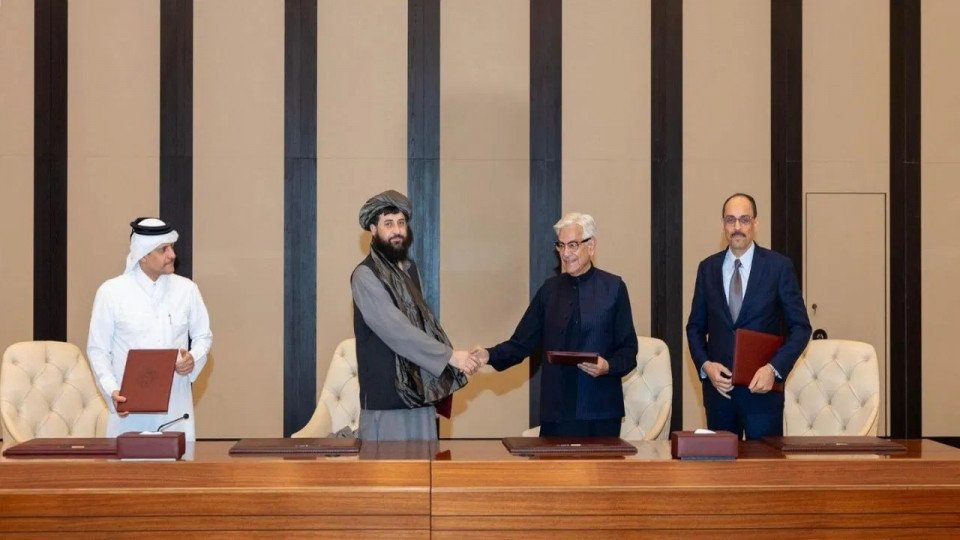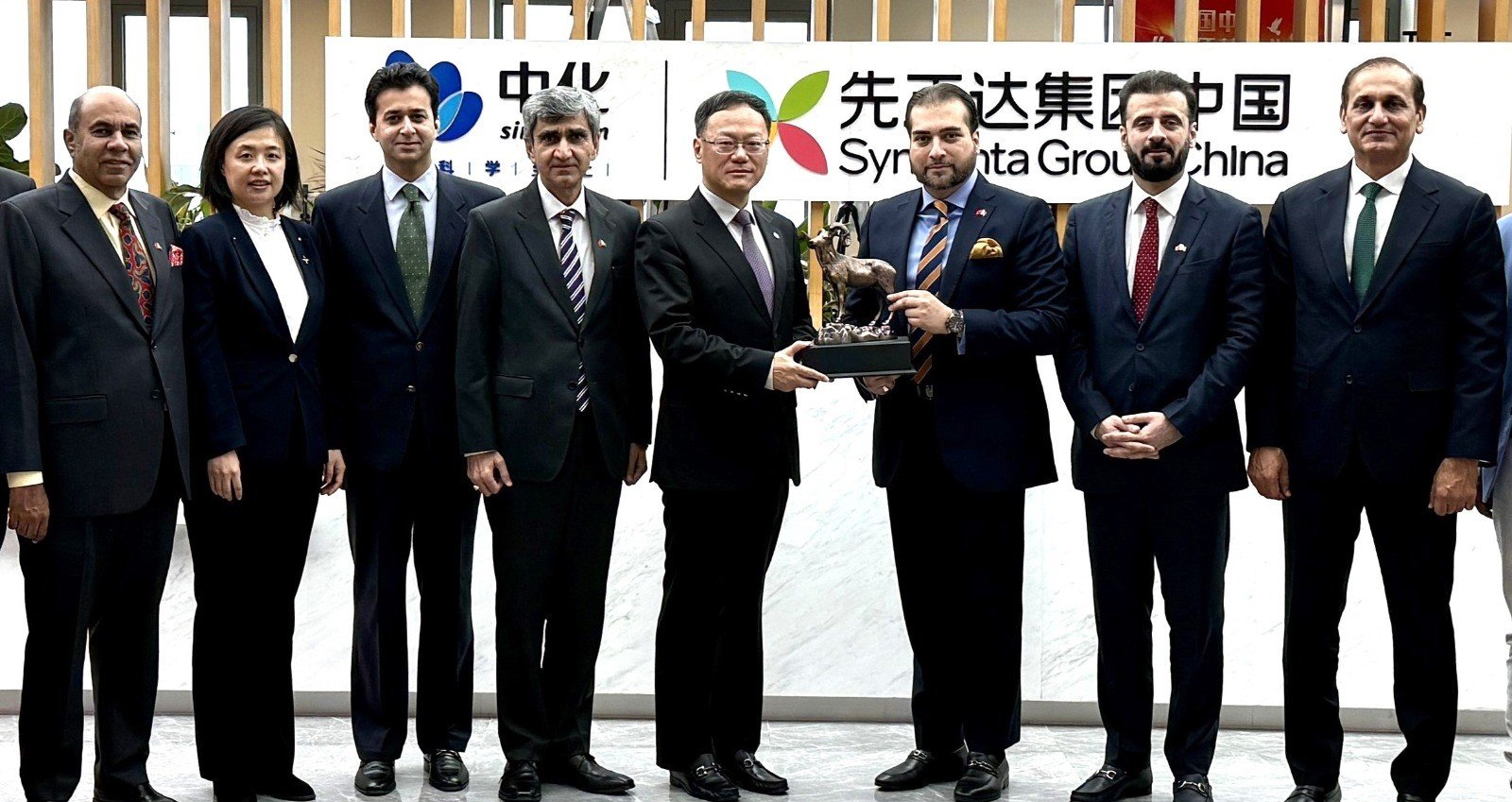By Waseem Qadri
When global power and governance debates have long echoed from Washington and Brussels, a new and profoundly original voice has emerged from the Global South. Dr Saeed Ahmed, a Chevening Scholar from Canada and an alumnus of the London School of Economics (LSE), as well as US and Canadian alma maters, presents a groundbreaking model for post-hegemonic world order.
His article, “From Globalization to Glocalized Polyarchic Pluralism (GPP)”, published in the prestigious Journal of Global Systems and Development (JGS&D) — a peer-reviewed journal issued by the Centre for Global Studies (CGS) — challenges the intellectual monopoly of Western globalization and proposes a governance architecture built for the multipolar century.
“The future world order will not be designed by one civilization’s imagination but co-authored by many.”
— Dr Saeed Ahmed, JGS&D (2026)
From Globalization to Glocalization: A New Grammar of Governance
Ahmed’s core thesis is clear and radical: globalization as we knew it has fractured under technological inequality, geopolitical rivalry, and cultural resistance. The solution, he argues, lies in Glocalized Polyarchic Pluralism (GPP) — a framework where power is decentralized, legitimacy is hybrid, and governance is adaptive.
GPP is built on four structural pillars:
1. Embedded Glocalism – Local values and civilizational ethics harmonized with global standards in climate action, AI ethics, and data governance.
2. Issue-Based Constellations – Flexible clusters of cooperation around specific domains like climate, cyber policy, and health — open to states and capable non-state actors alike.
3. Hybrid Legitimacy – Merging democratic accountability with technocratic precision, inspired by ASEAN and BRICS mechanisms.
4. Responsive Reciprocity – Rewarding responsible cooperation and deterring exploitative behavior through shared compliance norms.
Hegemonic Compression and the Crisis of Western Unilateralism
Ahmed situates his argument in what he calls the “hegemonic compression” of the last decade — a period where U.S. and European influence has narrowed but not vanished, creating systemic tension without stability.
From digital dominance to sanctions regimes, Western power has imposed control even as its legitimacy wanes. Yet, through detailed empirical data from the ITU, IEA, ESA, and UNDP, Ahmed maps how new power hubs — from BRICS to ASEAN — are rebalancing global influence.
His evidence suggests a transformation already underway: a shift from hierarchy to polycentric interdependence, from coercive order to negotiated reciprocity.
“Where globalization centralized dependency, GPP decentralizes resilience.”
— Dr Saeed Ahmed
An Empirical and Theoretical Breakthrough
Ahmed’s article stands out for its rare empirical richness in a field often dominated by normative theorizing. Using a triangulated methodology, he integrates quantitative data, institutional analysis, and comparative case studies — from China’s Digital Silk Road to the BRICS payment ecosystem.
Drawing on scholars such as Acharya, Ostrom, Rodrik, and Qin Yaqing, Ahmed blends Western and non-Western intellectual traditions to construct a methodologically sound and globally inclusive model. The outcome is an actionable vision of governance that can guide both policymakers and international institutions.
Why GPP Matters
In a world strained by geopolitical rivalry, Ahmed’s Glocalized Polyarchic Pluralism offers a third path — neither the return of American primacy nor the rise of a new hegemon, but a system of structured pluralism.
It gives agency to regions and actors long marginalized by Western-led globalization, allowing shared global action on climate, technology, and trade — without subordination to any single power.
“GPP doesn’t reject the West — it redefines cooperation through competence, reciprocity, and respect.”
— Excerpt from Ahmed’s GPP model
A Voice from the South, Resonating Worldwide
Ahmed’s scholarship symbolizes the intellectual ascent of the Global South in shaping the future of world order. His ideas transcend old binaries of East versus West, articulating instead a governance paradigm built on equitable participation.
For emerging economies, policymakers, and regional blocs, his framework offers an alternative blueprint — one that replaces dependency with partnership and rhetoric with empirical clarity.
Conclusion: From Critique to Construction
Dr Saeed Ahmed’s Glocalized Polyarchic Pluralism is not just an academic contribution; it is a strategic framework for a world struggling to adapt to multipolar realities.
By combining local wisdom with global coordination, Ahmed offers a vision of governance where legitimacy arises not from dominance, but from reciprocal responsibility — a formula the 21st century desperately needs.
Citation:
Ahmed, S. (2026). From Globalization to Glocalized Polyarchic Pluralism: Reimagining the World Order for a Fragmented Future. Journal of Global Systems and Development (JGS&D), 7(1). Centre for Global Studies (CGS).
For more expert opinions on diverse topics, visit our OpEd section here: https://thepublicpurview.com/category/blog/
Also, read climate-related news at The Green Post









